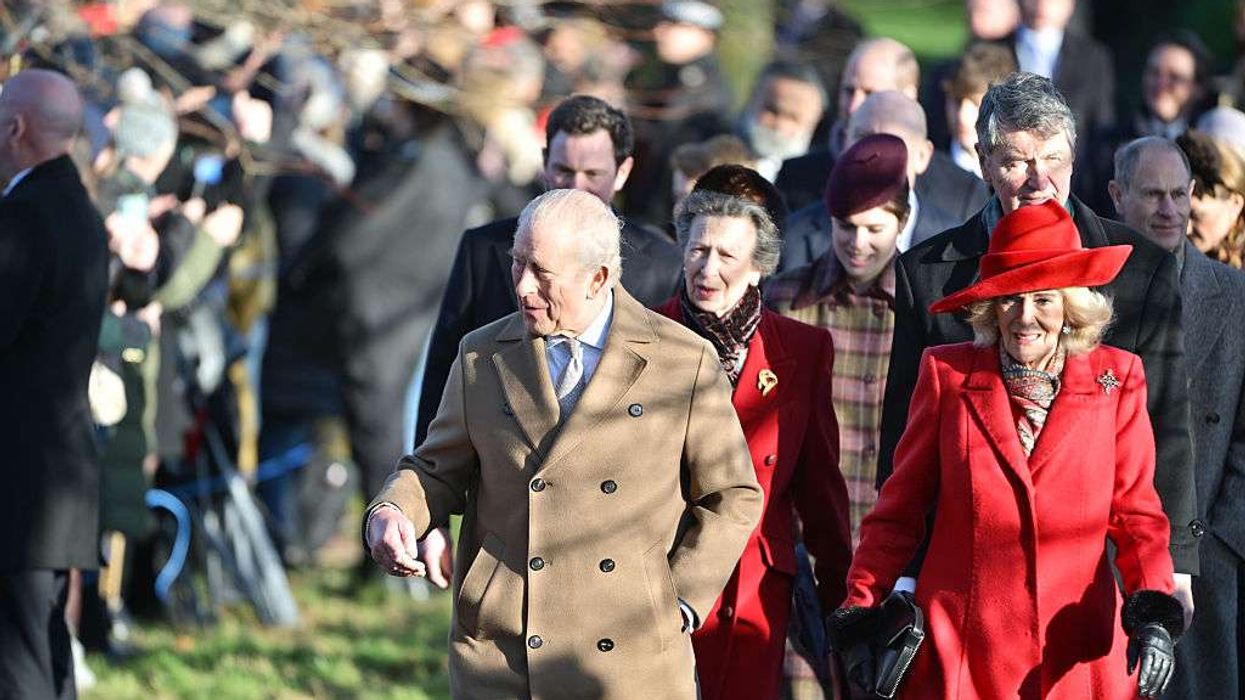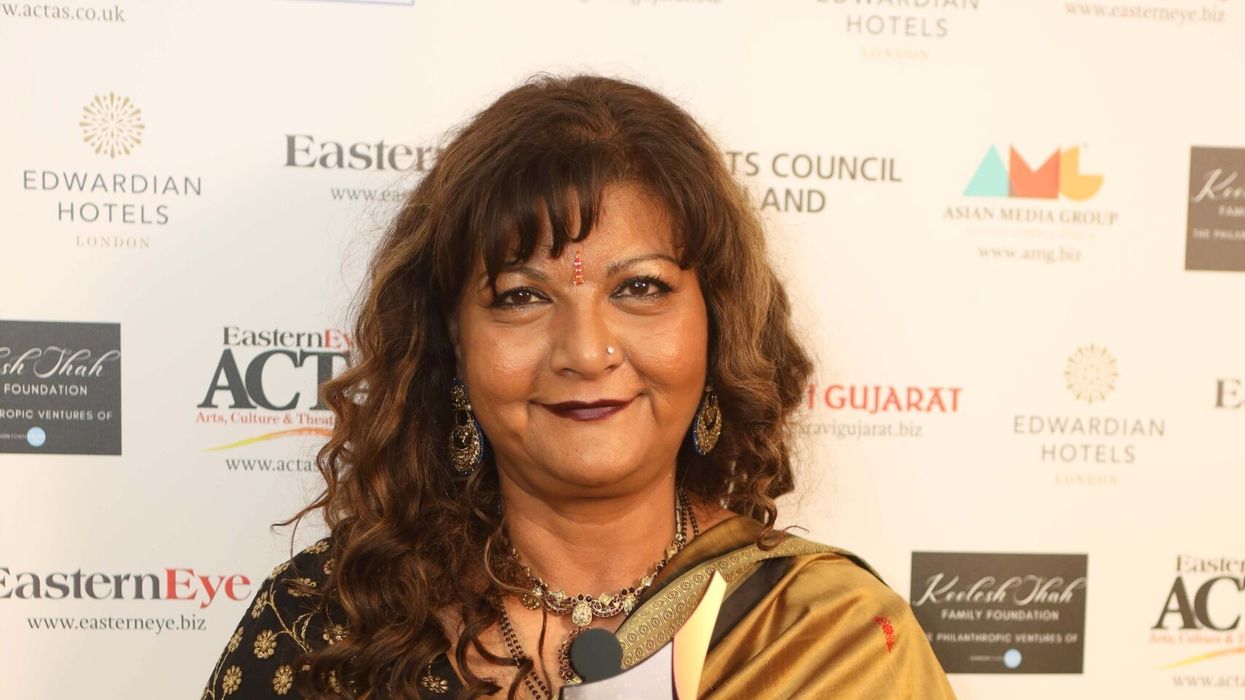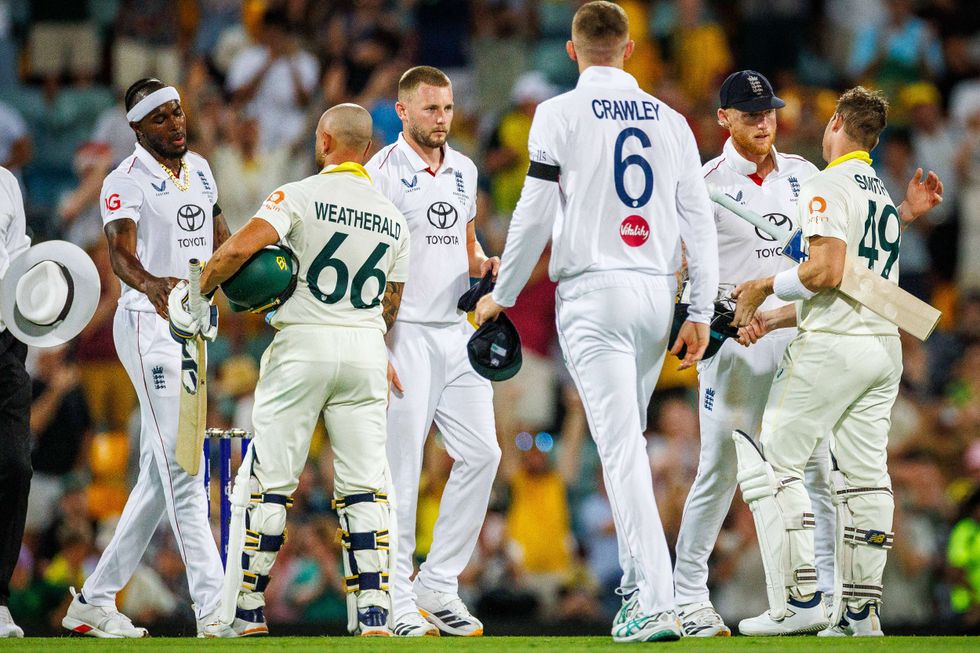A POSITIVE shift continues to occur as awareness increases around the vital need to address not only physical wellbeing, but also mental and emotional health. There is now a return from conventional modern medicine to the more holistic approach of our ancestors. The talking therapies profession is working hard to address issues we have avoided for so long due to stigma, taboo and shame.
The desire to hide anything deemed ‘less than perfect’ in our lives has passed down through generations with a message, which loudly says, ‘don’t talk about topics that could bring the family name into disrepute’. These could be serious issues such as depression, anxiety, traumas and various types of abuse, including physical, emotional, sexual and domestic. This applies to all cultures, but keeping silence is perhaps more prevalent in the Black, Asian and minority ethnic communities.
I recently learned a phrase in Punjabi that translates into ‘what will people say’, and it is frequently used to control behaviour, speech, and life choices, which might be felt to be offensive to the community.
There is support available and more people from all backgrounds are seeing the benefits of this. Importantly, talking therapies are evolving.
It is no longer someone lying on a couch, with a therapist nodding coldly as they speak.
There are now counsellors from all cultural backgrounds and you can choose one who works in a way you find most beneficial. As a counsellor, I am passionate about supporting everyone, including my BAME clients, and am open to discussing any topics. Bringing issues into a safe confidential space creates the freedom to explore in a way that someone in need may never have done before. That space created by a therapist allows you to explore your thoughts and feelings without fear of judgement. In that confidential space, you can tell your counsellor things you may not have ever told anyone in your whole life, and with the knowledge they will sit with you through painful and difficult feelings and emotions.
Counsellors work to a code of ethics, which places the client at the centre, and it doesn’t always have to be face to face (although this is preferred). If getting to a weekly appointment is difficult, you can now communicate with a counsellor on the phone, by Skype or message. There are several directories you can use to find a counsellor safely. Make sure the counsellors are part of a membership organisation, which ensures they are suitably qualified and practicing ethically. Most membership organisations that counsellors join are a part of the PSA (professional standards authority).
Your counsellor should also be insured and have a GDPR agreement that they share with you about, if and how they store your personal information. You have a right to ask about all these things. Don’t feel that you have to stay with the first counsellor you try a session with. If you don’t feel comfortable, try another. Counselling is all about the relationship with your therapist and it’s vital you feel ok. We are all individuals and counsellors know that and want you to choose someone right for you. Remember, counselling in an investment into yourself and you might be surprised how life changing it can be.
Claire Alison Hams is a London-based counsellor trained in a psychodynamic approach.
Visit Instagram: @clairealisonhams and for further help visit www.bacp.co.uk, www.nationalcounsellingsociety.org, www.mcapn.co.uk and
www.counselling-directory.org.uk





 Tanika Gupta
Tanika Gupta  Shashi Tharoor AFP via Getty Images
Shashi Tharoor AFP via Getty Images  English cricket writers are distraught that in the current “Ashes” series against Australia down under Getty Images
English cricket writers are distraught that in the current “Ashes” series against Australia down under Getty Images 





